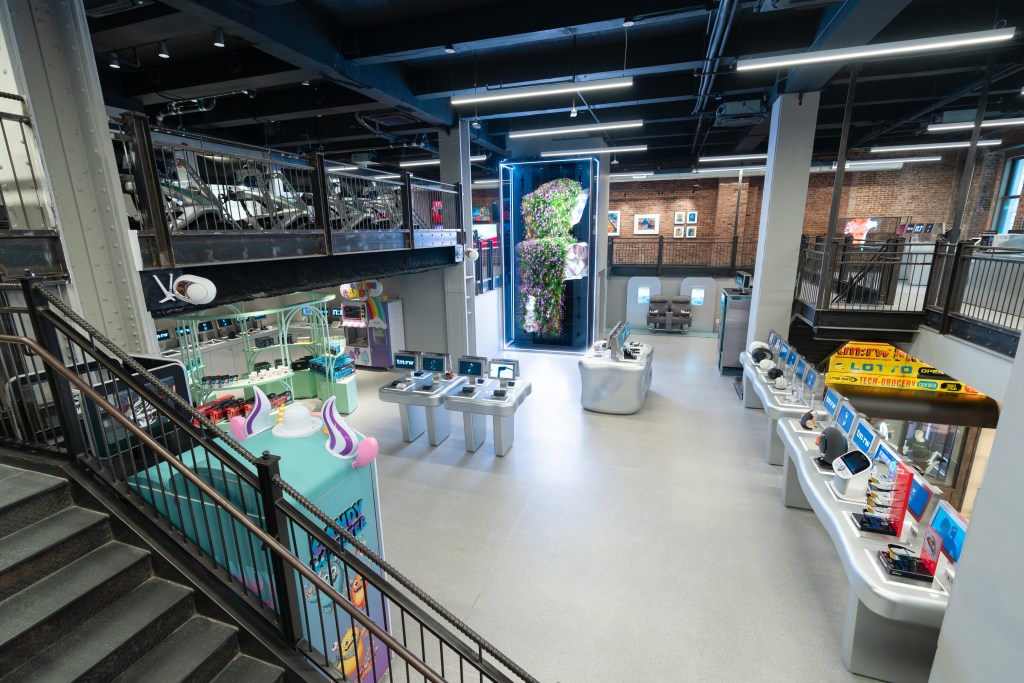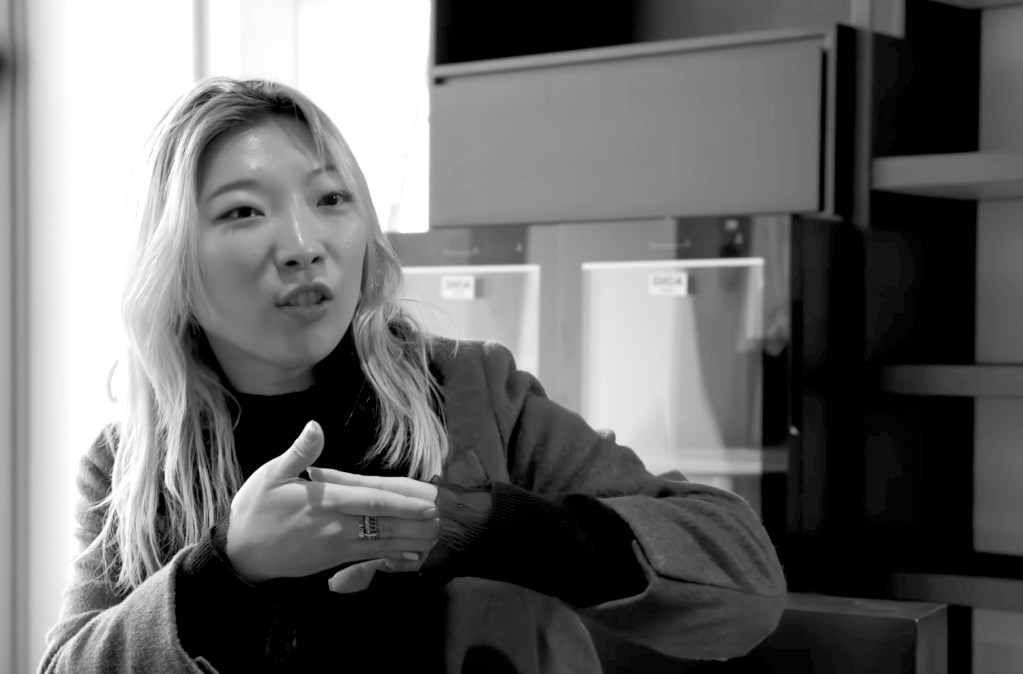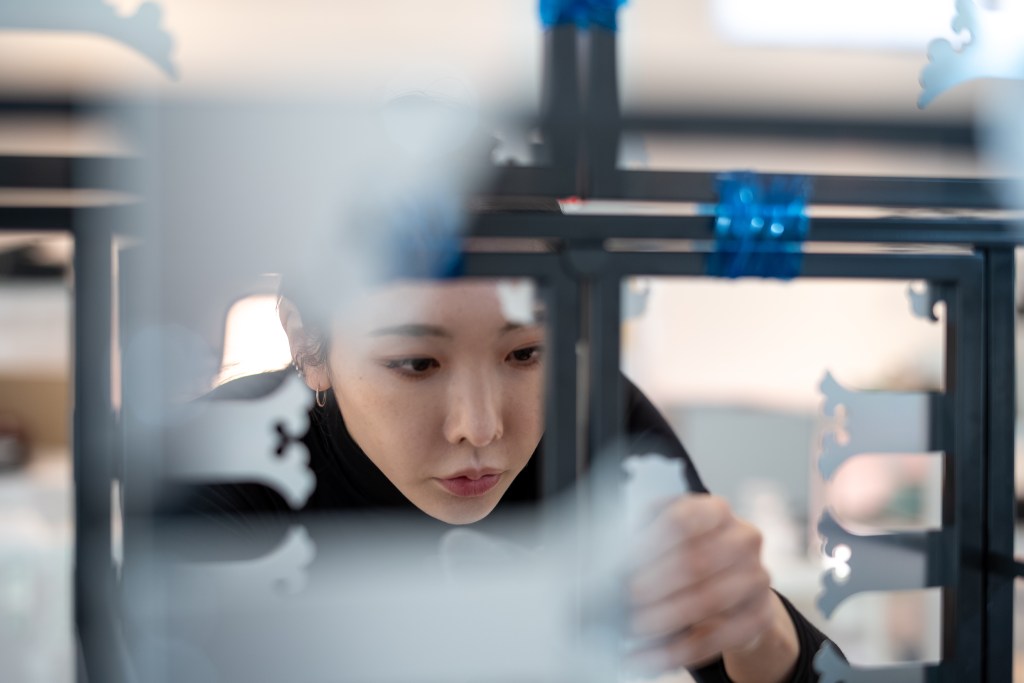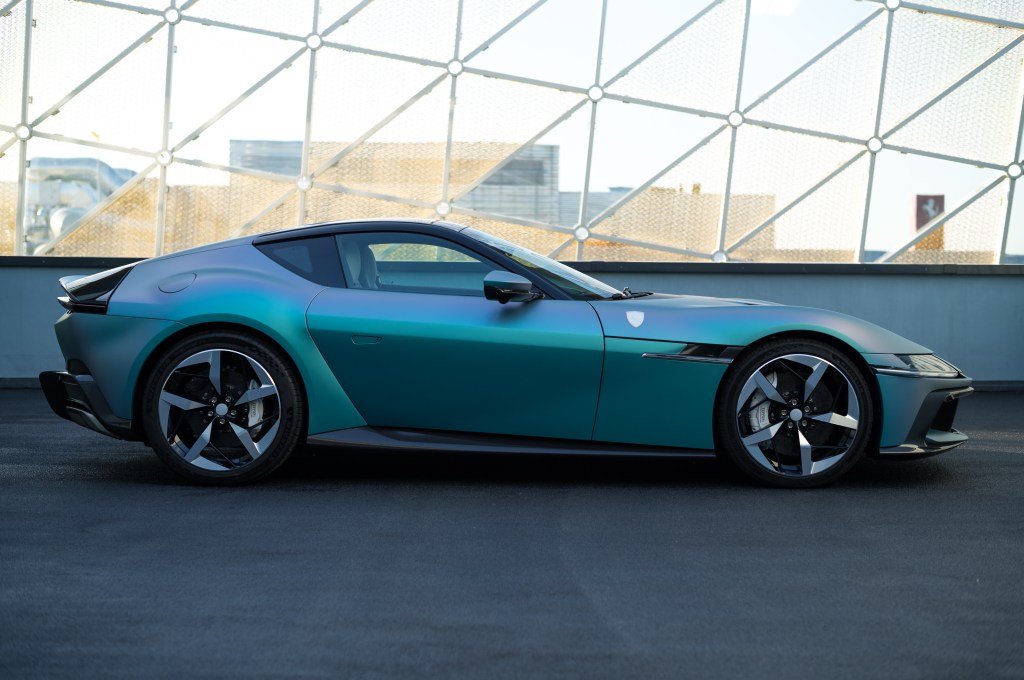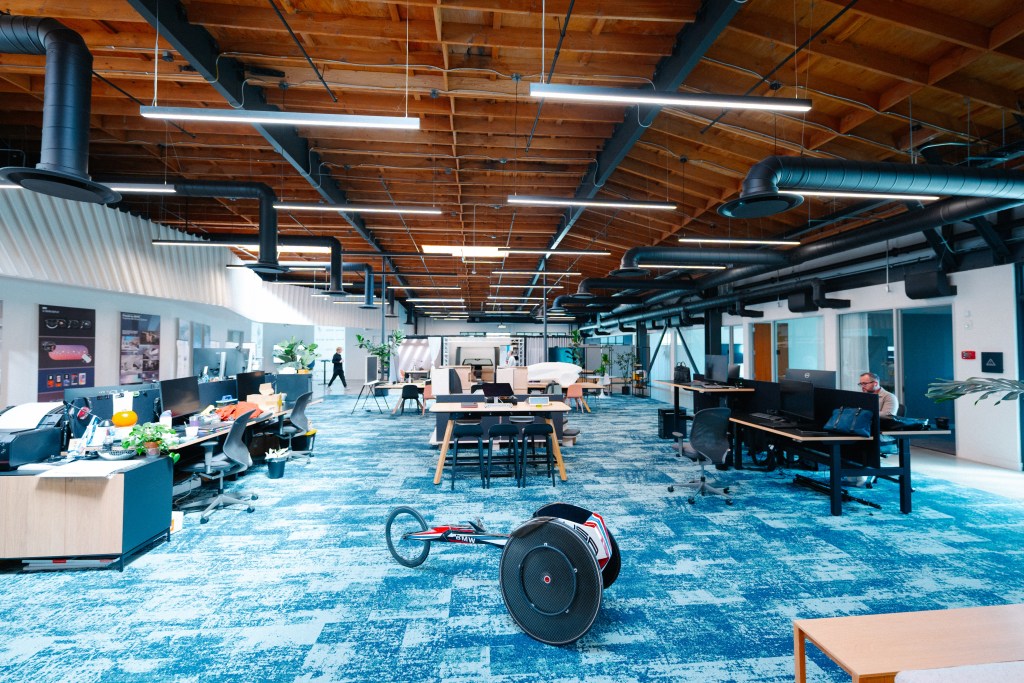Silo: The UK’s First No-Waste Restaurant
Plates made from recycled plastic bags, emailed receipts, booze brewed in the basement and more at chef Douglas McMaster’s ambitious project

by Ananda Pellerin
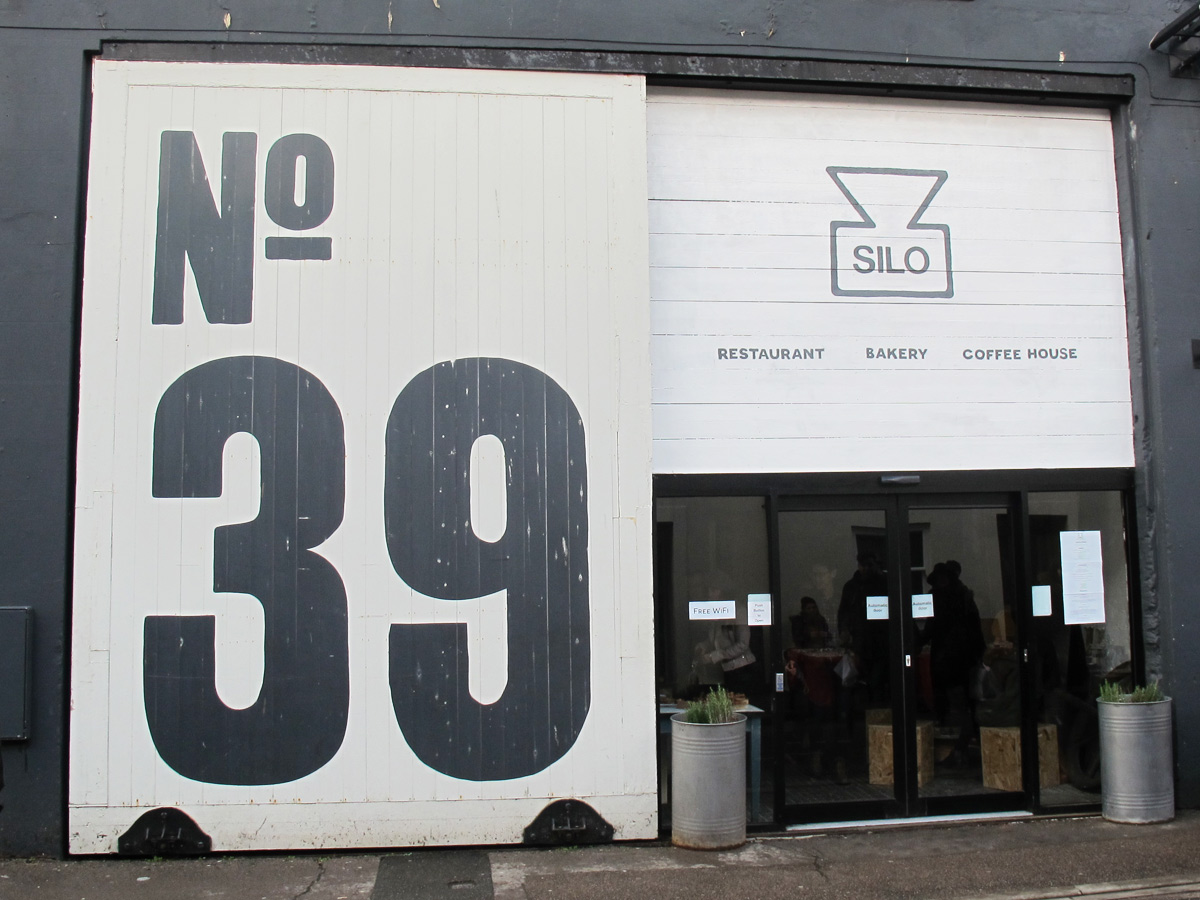
Chef Douglas McMaster has a vision: he wants to eradicate waste from the commercial food preparation process. This might seem profoundly uninterestingbut its nothing short of revolutionary. Its what I call a pre-industrial food system, McMaster tells CH over an apple and elderflower cider at Silo, his month-old restaurant in Brightons North Lane district. It sounds high-concept but really its about creating a closed-loop system with zero material waste. All the produce that comes in we either consume or its turned into biodegradable compost. In short: theres no trash can.And, considering the amount of waste created by restaurants each day around the world, setting such a standard is not just commendable; it represents a paradigm shift in what it means to be “sustainable.”
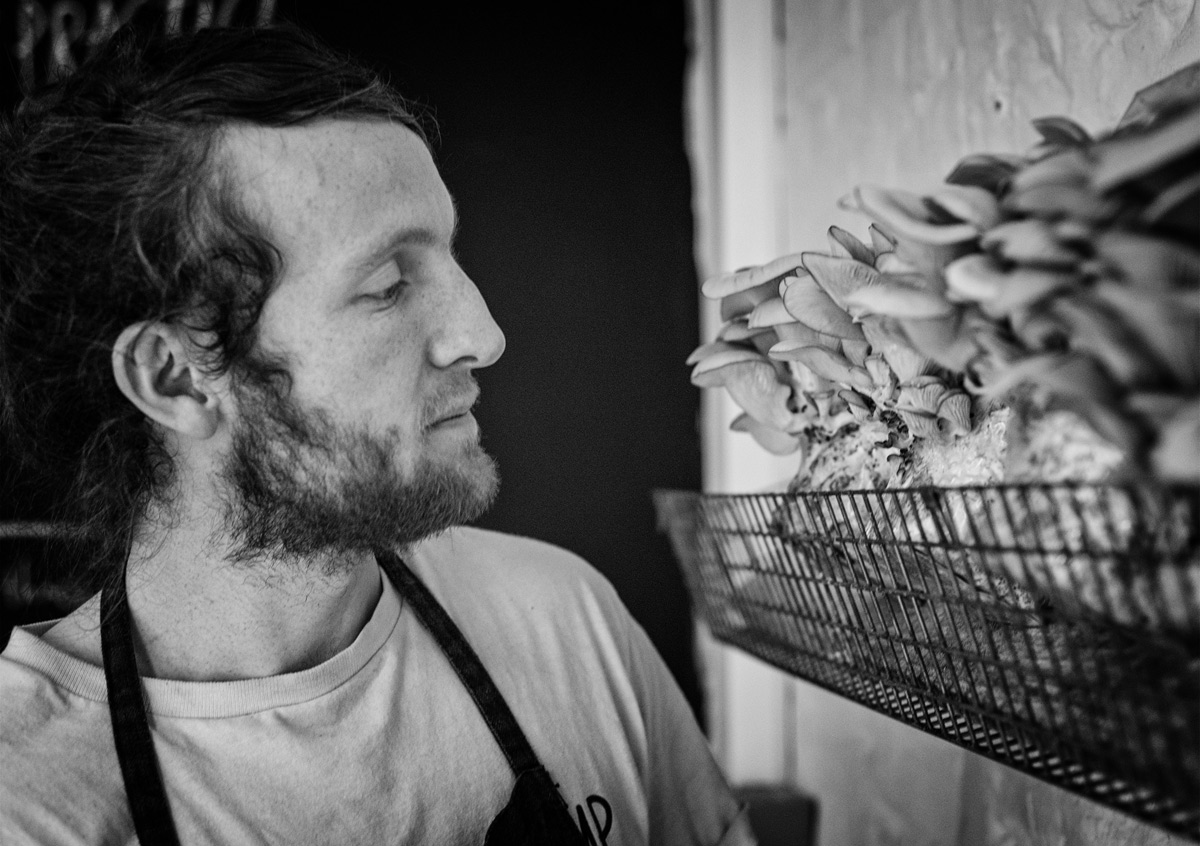
27-year-old McMaster returned to Britain just over a year ago after completing his variation of the cheffing grand tourwith stops at famous nose-to-tail eatery St John in London, Noma and other forward-looking ventures in Copenhagen, and Quay in Sydney, currently number 60 on the Worlds Best Restaurants list. It was while in Australia that McMaster met Dutch-born architectural artist Joost Bakker, a wildcard creator whose large-scale projects have up-cycling and smart design at their heart. McMaster says the use-everything approach began with Bakker. He had this vision of a bin with a red cross through it, like a no-smoking sign, and an idea that one day restaurants would create no waste. McMaster was hooked from the start, and together he and Bakker launched the first incarnation of Silo, a pop-up in the Sydney Harbour comprised of shipping containers and waste materials, with a kitchen garden on the roof.

In reality, what McMaster (former BBC Young Chef of the Year) is calling pre-industrial might be better understood as post-industrial: its a system that goes against the grain of mass-production, but also uses new technologies and smart planning to get results. When you first walk into the white-brick and wood-columned former warehouse that is Silo, youll see mushrooms inoculating in coffee grinds, and a large machine that fast tracks the composting process, emitting only the smell of fresh soil. (Nomas Rene Redzepi has bought one of these units, meaning that other chefs will no doubt follow suit.)

People might turn their nose up at firstits a slow educational change.
McMaster and crew mill their own whole grain on site, creating stronger flours that will be a jolt to the taste buds of anyone who is used to the processed stuff. Everything is denser, darker, he says. But the flavor is superior; weve achieved a much more delicious and nutritious product. People might turn their nose up at firstits a slow educational change.
All booze, barring wine, is brewed in the basement from ingredients intercepted from being thrown away, which means each week theres a different brewnettle, or apple and pear outcyder, for example. Plates are made from recycled plastic bags, the tables are made from waste leftover from a Brighton University house that was itself made of waste, receipts are emailed to avoid using paper. But the setup isnt eco-gimmicky. For evidence of this you need only look in the basement, which houses a very expensive filtration system that produces electrolyzed alkaline and acidic water, which can be used to clean all surfaces (human or not)eliminating the need for cleaning products. We call it Jesus water, says McMaster. Its the kind of radical kit that will have science enthusiastsand chefstalking excitedly for hours.
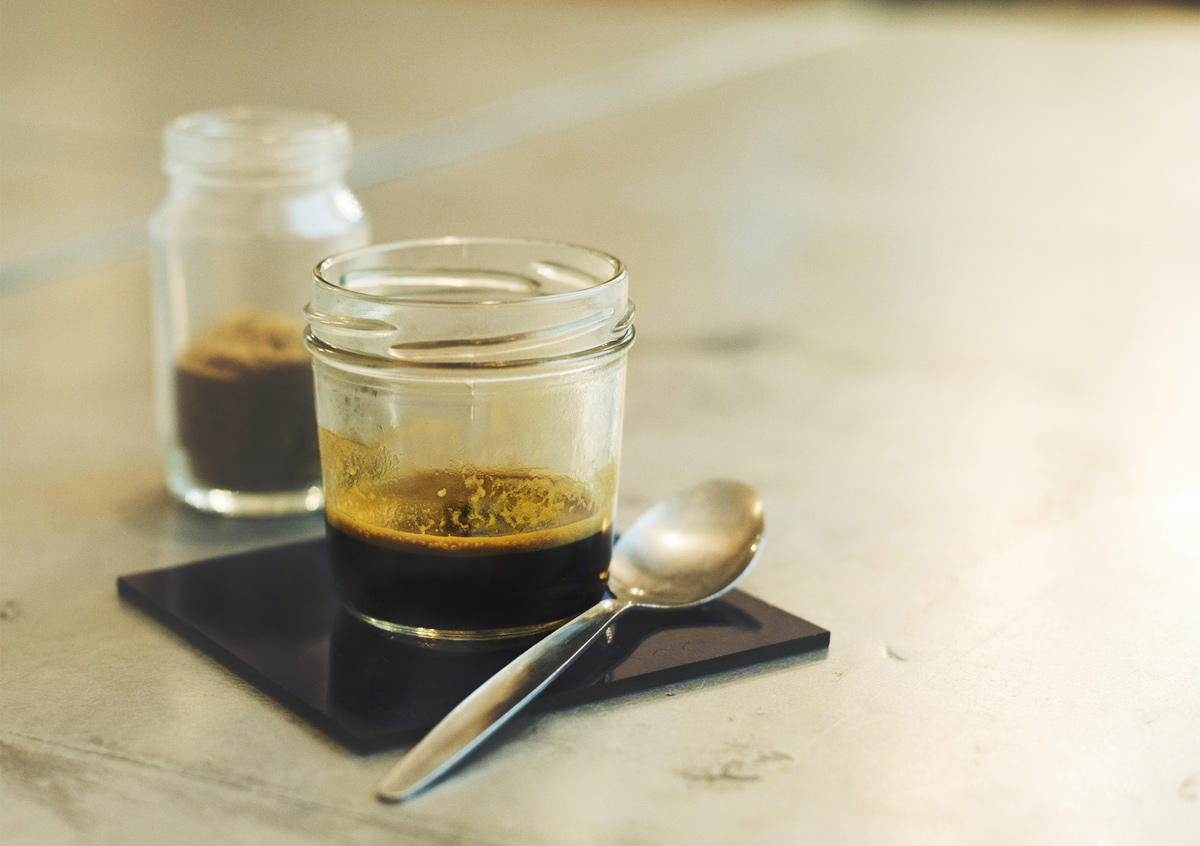
But all of this is not intended to overshadow the food. McMasters fine-dining background can be clearly seen and tasted, and hes setting a standard for local, seasonal, sustainable, organic and whole-food menus. The slow-braised ox cheek with caramelized turnip was nutty and savory, the gamey partridge with lentils and fermented garlic was ratcheted right up, and the fried Jerusalem artichokes with Sussex Yeoman showcases his Scandi-taught technique. If anything, McMaster could lean even more heavily on his Nordic influences and tread lighter with the puresSilos ethos seems to demand lighter farebut the ingredients and flavor combinations are top-shelf.
The restaurant has only recently started opening for dinner a few evenings each week, while lunch, especially at the weekend, sees the crowds piling in. Silo is located at 39 Upper Gardner St North Laine, The City of Brighton and Hove BN1 4AN, UK.
Lead image by Cool Hunting, other images courtesy of Silo

